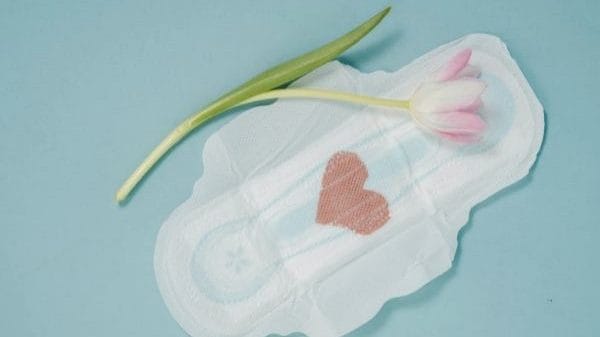Thank you dear subscribers, we are overwhelmed with your response.
Your Turn is a unique section from ThePrint featuring points of view from its subscribers. If you are a subscriber, have a point of view, please send it to us. If not, do subscribe here: https://theprint.in/subscribe/
Growing up in a small town in Bihar, menstruation was a taboo topic. My world changed suddenly in 7th grade when I had my first period, staining my white school uniform. A friend’s whispered concern alerted me to the stain, and I rushed home, overwhelmed with shame and embarrassment.
At home, I confided in my grandfather, who gently urged me to talk to my mother. What followed was an awkward conversation where she explained menstruation as natural but handed me a cloth rag instead of sanitary products. It was uncomfortable and unreliable, leaving me anxious every month as I silently managed my periods, terrified of public embarrassment.
My understanding of menstruation was limited until a 10th-grade biology class, where the topic was met with giggles from boys and blushing from girls. It wasn’t until I found a 12th-grade biology book that I finally understood my body. Armed with that knowledge, I began to manage the discomfort that had once felt unbearable.
Even with this new understanding, the stigma around menstruation persisted, especially in school and community settings. It wasn’t until I joined SumArth as Co-Founder that I realized how powerful education and open dialogue could be in breaking the silence surrounding menstruation.
My passion for menstrual health advocacy began years earlier. My first period, filled with confusion and shame, stayed with me. I knew many young girls in marginalized communities were still facing similar experiences, navigating their periods without proper resources or knowledge. This wasn’t just a personal issue; it was a societal one.
During my college years in 2011, I worked with JPAL, an international NGO, on a menstrual health project in Jehanabad, Bihar. What I saw shocked me- menstruators reused cloth rags without proper hygiene, some even used sand or ashes, and they avoided bathing during menstruation. These harmful practices perpetuated a cycle of shame and poor health, signaling the urgent need for education and better menstrual health management.
In 2019, while working with women farmers, I noticed that many were absent from the fields during menstruation. This wasn’t by choice but because they lacked resources to manage their periods. Determined to address this, I focused on menstrual health for underprivileged women in the naxal-affected areas of Gaya.
However, breaking through the deep-seated stigma around menstruation wasn’t easy. Personally, I had to confront taboos within my own community, much like those I’d experienced as a girl. Professionally, it was even more challenging—entering communities suspicious of outside help, especially from women discussing menstruation. Women often left workshops as soon as menstruation was introduced. Mothers pulled their daughters away, calling it a “shameful” discussion, and men sometimes intervened, verbally abusing their wives for attending.
Despite these challenges, I persisted, motivated by small victories. Each girl who asked a question and each woman who thanked us for restoring her dignity during menstruation were reminders that progress was possible. These moments, though small, were monumental. Watching women gain confidence as they switched to reusable menstrual products like cups and pads inspired me to continue.
Through our menstrual health programs at SumArth, we’ve reached over 15,000 women and 5,000 adolescent girls. The changes we’ve witnessed have been transformative. Women who previously avoided bathing during their periods now embrace hygiene practices. Many who felt obligated to engage in sex during menstruation now confidently say no. They’ve also moved from using harmful materials like rags, sand, and ashes to sanitary pads. Other taboos, such as avoiding plants or not eating pickles during menstruation, are breaking down. Now, women openly discuss their periods, and shame is being replaced by confidence.
One of our major achievements was establishing a fully automatic sanitary pad-making machine, run by rural women. This initiative wasn’t just about providing sanitary pads; it was about empowering these women. They took control of their health while creating jobs in their communities, transforming the conversation around menstruation.
The impact of SumArth’s work extends beyond menstrual health, reaching over 25,000 farmers, 60% of whom are women, through agricultural initiatives. However, menstrual health is closest to my heart. We focus on education, providing reusable sanitary pads and menstrual cups, while empowering women to manage their health with dignity. My journey—from a girl with a stained white dress to a menstrual health advocate—has been transformative. Each conversation brings us closer to breaking the silence around menstruation. I aim to ensure future generations meet menstruation with understanding and empowerment, not stigma.
Through education, dialogue, and empowerment, we are dismantling the deeply rooted stigma around menstruation, one step at a time. And with each step, I heal a part of my own past while paving the way for others to embrace their bodies with dignity.
These pieces are being published as they have been received – they have not been edited/fact-checked by ThePrint


